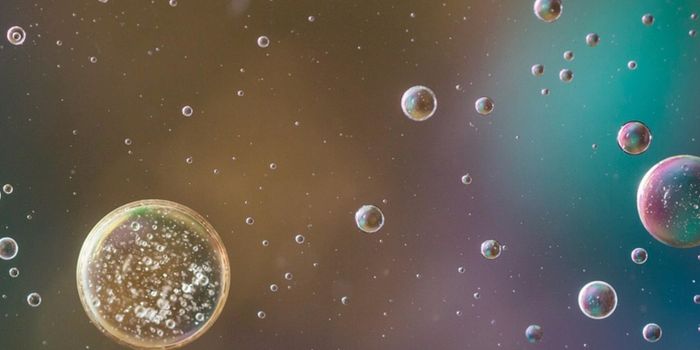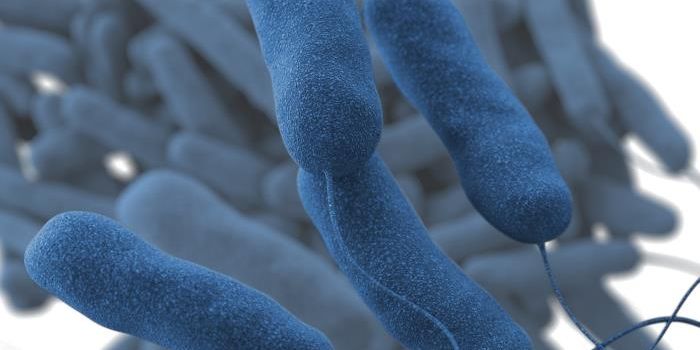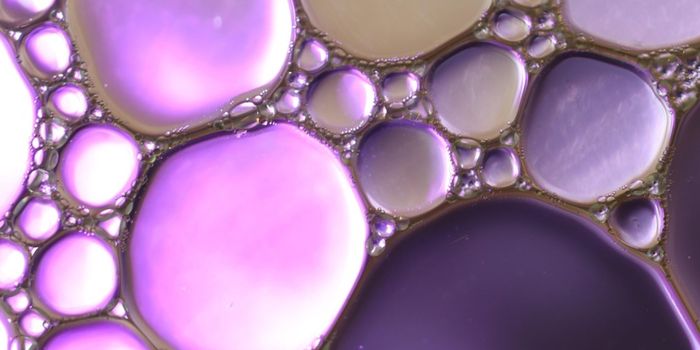Combating Microbes on the International Space Station
While every effort is made to ensure that the stuff we send into space is free of Earthly contamination, microorganisms have been detected on the International Space Station (ISS). Researchers have been trying to learn more about how space changes these microbes; they seem to get tougher. They may pose a danger to the astronauts that have to share close quarters with them, especially because future missions may be very long and that astronauts have to stay healthy. Scientists are trying to make spaceflight safer, and have taken a small step in that direction.
“Spaceflight can turn harmless bacteria into potential pathogens,” said the senior author of the work, Professor Elisabeth Grohmann of Beuth University of Applied Sciences Berlin. “Just as stress hormones leave astronauts vulnerable to infection, the bacteria they carry become hardier - developing thick protective coatings and resistance to antibiotics - and more vigorous, multiplying and metabolizing faster.”
A new antimicrobial coating that has a silver and ruthenium base was tested on the ISS. The coating, AGXX®, significantly reduced the amount of bacteria on surfaces that are likely to become contaminated. The findings, which may help improve missions to Mars, have been reported in Frontiers in Microbiology.
“AGXX® contains both silver and ruthenium, conditioned by a vitamin derivative, and it kills all kinds of bacteria as well as certain fungi, yeasts, and viruses. The effects are similar to bleach - except the coating is self-regenerating, so it never gets used up,” explained Grohmann.
Related: Space Bacteria are Adapting to Survive
The microbes onboard the ISS are subjected to myriad stressors, like cosmos radiation and microwaves. Those extraterrestrial conditions can cause the microbes to evolve, and microbes are usually able to share and spread genes around in a community easily. Learn more about the microbes found on the ISS from the video.
Since silver has been used for ages to prevent the growth of microbes, researchers employed it in the new AGXX® coating, which was tested on the door of the ISS toilet. It was found to be very effective. “After six months exposure on the ISS, no bacteria were recovered from AGXX®-coated surfaces,” said Grohmann.
When the researchers checked the surface after twelve and nineteen months, only twelve microbes were recovered; compared to bare steel, there was an eighty percent reduction. A coating of silver only had a mild effect, reducing the bacteria level by thirty percent compared to steel.
“With prolonged exposure time a few bacteria escaped the antimicrobial action. The antimicrobial test-materials are static surfaces, where dead cells, dust particles, and cell debris can accumulate over time and interfere with the direct contact between the antimicrobial surface and the bacteria,” noted Grohmann. “Most importantly, no serious human pathogens were found on any surface. Thus, the infection risk for the ISS crew currently is low.”
An assessment of the bacteria that was isolated showed that they could all form tough biofilms that can resist destruction, and many were resistant to at least three antimicrobials.
“Immunosuppression, bacterial virulence and therefore infection risk increase with duration of spaceflight. We must continue to develop new approaches to combat bacterial infections if we are to attempt longer missions to Mars and beyond,” Grohmann added. “For our part, we are continuing to analyze the antimicrobial performance of AGXX®, most recently aboard the joint IBMP-NASA SIRIUS 18/9 isolation mission.”
Sources: AAAS/Eurekalert! Via Frontiers, Frontiers in Microbiology









